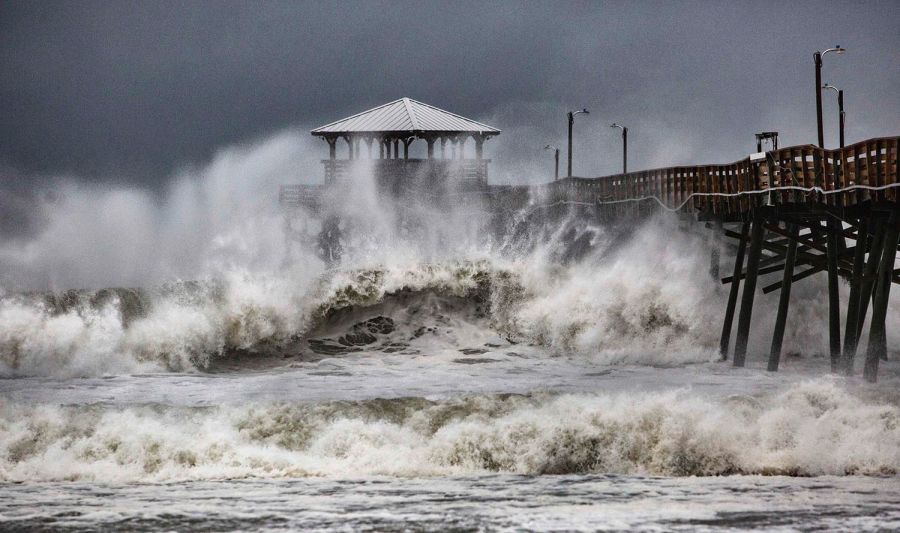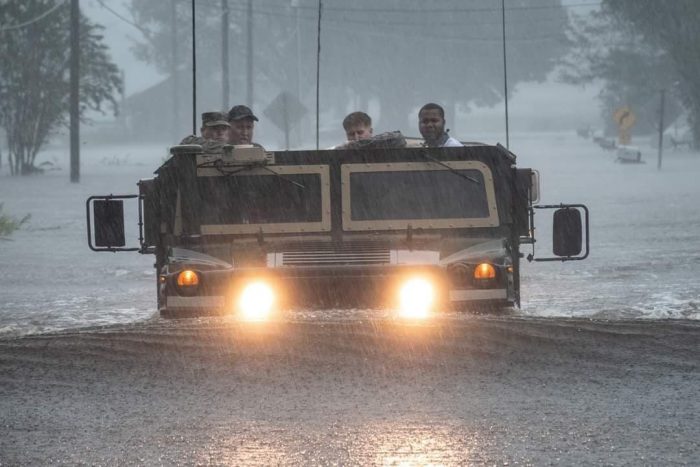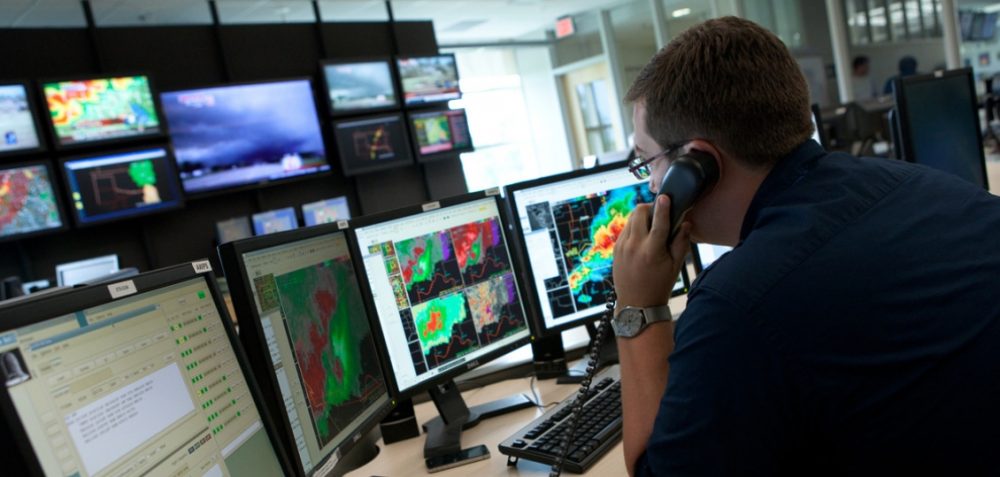Announcing the 2018 Atlantic Hurricane Season Recovery Fund
Big disasters such as Hurricane Florence draw exhaustive media attention in the first few days. This means large amounts of money for relief organizations on the ground assisting with feeding, sheltering, “mucking and gutting.” In fact, about 70-80% of funding is aimed at near-term relief. But after the water dries up, so too does the […]

Big disasters such as Hurricane Florence draw exhaustive media attention in the first few days. This means large amounts of money for relief organizations on the ground assisting with feeding, sheltering, “mucking and gutting.” In fact, about 70-80% of funding is aimed at near-term relief. But after the water dries up, so too does the money. After large national and international relief groups leave, community agencies and organizations are left to pick up the pieces.
In a research report for the Conrad N. Hilton Foundation, Dr. William Paton found that, “Over a third of private giving is done in less than the first four weeks of a sudden disaster. . .and two-thirds within two months. This giving stops almost completely after five or six months.” In fact, the peak day of giving coincides with the fourth day of the disaster (also the day associated with peak media attention).
However, as has been evidence by previous catastrophic disasters such as Hurricanes Katrina, Sandy, Harvey, Irma, and Maria, the Joplin tornadoes and the Minot ND floods, needs do not have an end. In fact, families and communities will continue to need funding for many years in order to rebuild their homes, businesses, recreational spaces, schools, health care facilities, and their lives. Disaster recovery requires years of sustained investments to help communities rebuild.
Even before Hurricane Florence made landfall AccuWeather was predicting that damages and economic losses would surpass $30 billion. Funding received in the early days of a disaster will meet immediate needs of individuals and families, but it won’t address their medium–to-long term needs.
With this long-term recovery in mind, CDP is launching its 2018 Atlantic Hurricane Season Recovery Fund. This fund will work with local advisors to determine how to best support unmet needs in affected communities. Donations can be made to the Fund here.
To address the impact of Hurricane Florence, CDP is holding a webinar on Tuesday, September 18, at 3 p.m. ET/2 p.m. CT. This webinar will highlight the impacts of Hurricane Florence on affected communities and provide suggestions as to how philanthropy can help recovery. You can register for the webinar here.
CDP has also created a list of suggestions for foundations to consider related to disaster giving. These include:
- Take the long view: Even while focusing on immediate needs, remember that it will take some time for the full range of needs to emerge. Be patient in planning for disaster funding. Recovery will take a long time, and funding will be needed throughout.
- Recognize there are places private philanthropy can help that government agencies might not: Private funders have opportunities to develop innovative solutions to help prevent or mitigate future disasters that the government cannot execute.
- All funders are disaster philanthropists: Even if your organization does not work in a particular geographic area or fund immediate relief efforts, you can look for ways to tie disaster funding into your existing mission. If you focus on education, health, children or vulnerable populations, disasters present prime opportunities.
- Ask the experts: If you are considering supporting an organization that is positioned to work in an affected area, do some research. The Center for Disaster Philanthropy, National Volunteer Organizations Active in Disasters, and InterAction have lists of organizations working in affected communities. What’s more, local community foundations have insights into NGOs that are best suited to respond in a particular community.
More like this

Lessons Learned from Louisiana to Communities Affected by Hurricane Florence
